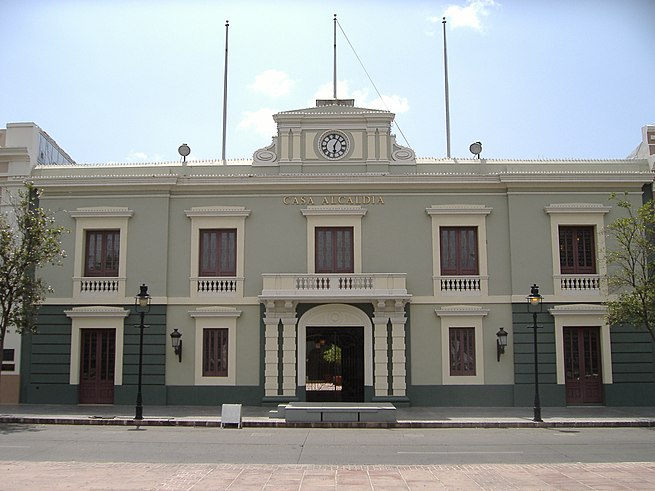Main Difference
The main difference between Municipality and City is that the Municipality is a urban administrative division having corporate status and usually powers of self-government or jurisdiction and City is a large and permanent human settlement.
-
Municipality
A municipality is usually a single administrative division having corporate status and powers of self-government or jurisdiction as granted by national and regional laws to which it is subordinate. It is to be distinguished (usually) from the county, which may encompass rural territory or numerous small communities such as towns, villages and hamlets.
The term municipality may also mean the governing or ruling body of a given municipality. A municipality is a general-purpose administrative subdivision, as opposed to a special-purpose district.
The term is derived from French municipalité and Latin municipalis. The English word municipality derives from the Latin social contract municipium (derived from a word meaning “duty holders”), referring to the Latin communities that supplied Rome with troops in exchange for their own incorporation into the Roman state (granting Roman citizenship to the inhabitants) while permitting the communities to retain their own local governments (a limited autonomy).
A municipality can be any political jurisdiction from a sovereign state, such as the Principality of Monaco, to a small village, such as West Hampton Dunes, New York.
The territory over which a municipality has jurisdiction may encompass
only one populated place such as a city, town, or village
several of such places (e.g., early jurisdictions in the U.S. state of New Jersey (1798–1899) as townships governing several villages, Municipalities of Mexico, Municipalities of Colombia)
only parts of such places, sometimes boroughs of a city such as the 34 municipalities of Santiago, Chile.
-
City
A city is a large human settlement. Cities generally have extensive systems for housing, transportation, sanitation, utilities, land use, and communication. Their density facilitates interaction between people, government organizations and businesses, sometimes benefiting different parties in the process.
Historically, city-dwellers have been a small proportion of humanity overall, but following two centuries of unprecedented and rapid urbanization, roughly half of the world population now lives in cities, which has had profound consequences for global sustainability. Present-day cities usually form the core of larger metropolitan areas and urban areas—creating numerous commuters traveling towards city centers for employment, entertainment, and edification. However, in a world of intensifying globalization, all cities are in different degree also connected globally beyond these regions.
The most populated city proper is Shanghai while the largest metropolitan areas also include the Greater Tokyo Area and Jabodetabek (Jakarta). The cities of Faiyum, Damascus, and Varanasi are among those laying claim to longest continual inhabitation.
-
Municipality (noun)
A district with a government that typically encloses no other governed districts; a borough, city, or incorporated town or village.
-
Municipality (noun)
The governing body of such a district.
-
City (noun)
A large settlement, bigger than a town.
“São Paulo is one of the largest cities in South America.”
-
City (noun)
A settlement granted special status by royal charter or letters patent; traditionally, a settlement with a cathedral regardless of size.
-
City (noun)
The central business district; downtown.
“I’m going into the city today to do some shopping.”
-
City (noun)
a large town
“one of Italy’s most beautiful cities”
“the city council”
-
City (noun)
a town created a city by charter and usually containing a cathedral.
-
City (noun)
a municipal centre incorporated by the state or province.
-
City (noun)
a place or situation characterized by a specified attribute
“the staff were in turmoil—it was panic city”
-
City (noun)
short for City of London
-
City (noun)
the financial and commercial institutions located in the City of London
“the Budget got a stony reception from the City”
“a City analyst”

